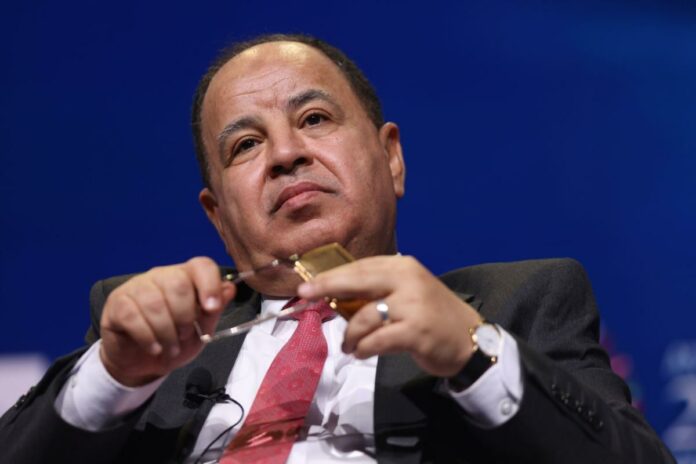(Bloomberg) — The World Bank on Monday said it would provide Egypt with over $6 billion, boosting the global bailout for the North African nation’s struggling economy to more than $50 billion in the past few weeks.
Most Read from Bloomberg
The Washington-based institution said half of the financing, which covers the coming three years, is aimed at government support while the remainder is to buoy a private sector Egyptian officials have stressed is key to medium and long-term sustainable economic growth.
The announcement comes a day after the European Union pledged around $8 billion in aid, loans and grants. Those funds followed a newly-expanded $8 billion International Monetary Fund program that was unveiled hours after authorities enacted the nation’s biggest rate hike ever and devalued the currency for the fourth time since early 2022.
The World Bank “supports the measures the country is taking for its economic recovery and restoring a sustainable path for inclusive growth,” it said in a statement. The program still needs to be approved by the lender’s board.
Read: Egypt Unlocks $8 Billion IMF Loan to Ease Crisis With FX Float
The latest financing was expected and further cements a renewed confidence in Egyptian authorities commitment to push ahead with reforms. Those measures became urgent as the nation of over 105 million grappled with its worst foreign currency crisis in decades and an inflation rate that hit record highs.
What Bloomberg Economics Says…
Funding from the World Bank takes total financial pledges to Egypt to $57 billion. That’s enough to address the country’s dollar shortages for a few years. But addressing the chronic trade deficit, the flexibility of the exchange rate, and the dominant role of the army in the economy would require more than throwing money at these problems.
— Ziad Daoud, chief emerging-markets economist. Click here to read more.
Egyptian Finance Minister Mohamed Maait said recently the World Bank would provide his country with $3 billion in budget support, as part of a $20 billion aid package led by the IMF, that also includes Japan and the UK.
The catalyst for the long-awaited devaluation earlier this month was a $35 billion deal with the United Arab Emirates, most of which was earmarked for prime land on the Mediterranean. That funding threw open the door for what was a more than 38% plunge in Egyptian pound’s value versus the dollar and a rate hike of 600 basis points.
After the moves, Moody’s Ratings raised Egypt’s credit outlook to positive.
The World Bank said its program would focus on increasing opportunities for the private sector, “strengthening the governance of state-owned enterprises, and improving the efficiency and effectiveness of public resource management.”
Read: The UAE’s $35 Billion Investment in Egypt Is a Geopolitical Flex
The funding pledges, as well as the UAE’s investment, underscore Egypt’s importance as a Middle East stalwart that’s too big to fail. Israel’s war with Hamas and a conflict raging in neighboring Sudan further spotlight its regional weight.
President Abdel-Fattah El-Sisi’s government is playing a key role alongside the US and Qatar in trying to halt the crisis in bordering Gaza and chart a two-state solution with Israel.
(Recasts headline and updates throughout)
Most Read from Bloomberg Businessweek
©2024 Bloomberg L.P.


